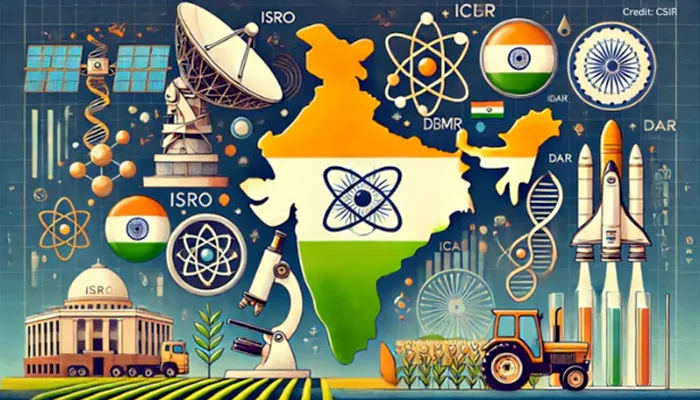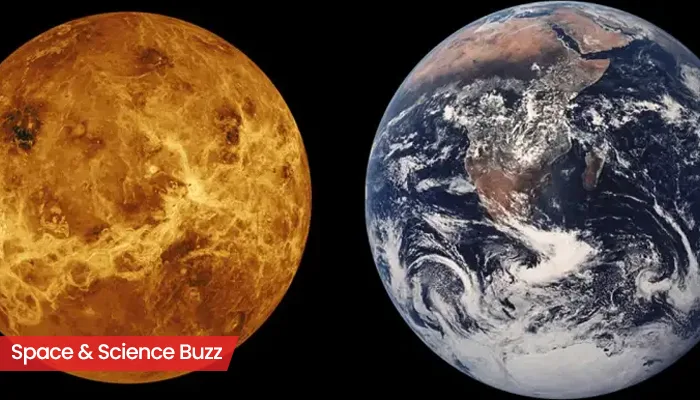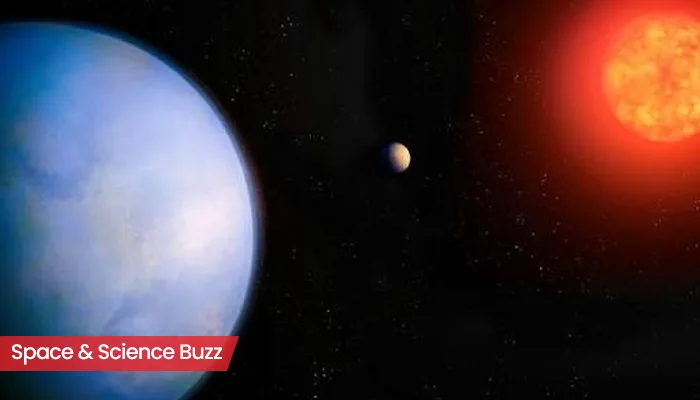OpenAI's Sam Altman and 44.01: Introducing a Modern Technology to Speed Up CO2 Sequestration for Climate Change Solutions
- Admin
- 1 year ago
- 4 minutes read

At the heart of 44.01's mission lies sophisticated technology for carbon sequestration that will change the way we think about CO2 storage
Technology can often save the day in combating climate change; startup 44.01 is working on just that—a new approach to quicken CO2 sequestration backed by Sam Altman's Apollo Projects. The new technology should move humankind far out of dodge in terms of mitigating global warming.
Pioneering carbon sequestration technology
At the heart of 44.01's mission lies sophisticated carbon sequestration technology that will change how we think about CO2 storage. What traditional methods take decades to do, 44.01's technology will do in a couple of months. The startup leverages carbon mineralization, wherein CO2 gets shot underground into rock formations that turn the gas into a stable, solid mineral.
It starts with injecting a mix of CO2 and water into peridotite, a rock rich in minerals that react with CO2. Such a reaction forms solid carbonates, thereby effectively sequestering CO2. Usually, peridotite lies deep underground, but deposits are available near the surface in Oman, making it an ideal site for 44.01's operations. This natural resource has allowed the startup to develop and mature its technology to prove the case of such an innovative approach for effectiveness and scalability.

// Picture Courtesy -- X, @4401earth
Significant investment for expansion
Attention and significant investment have been showered on 44.01 on a high-profile list. It has had $37 million in Series A funding, led by Equinor Ventures and participated in by top investors like Shorooq Partners, Amazon's Climate Pledge Fund, and Breakthrough Energy Ventures. This means that such high financial backing spells immense belief in 44.01's technology and the prospect of becoming one of the solutions to our time's most crucial environmental problems.
This is to commercialise the technology across new regions. They will focus on expanding operations to Oman and the United Arab Emirates. Talal Hasan, founder and CEO of the startup, stated an aspiration towards scaling up operations to 100 tonnes of CO2 storage per day per injection borehole. The levels of ambition regarding how this particular startup might play a vital role in managing global CO2 reduction efforts are high. He said, "Rather than taking decades as it would in nature, it's taking us single-digit months in the subsurface."
Comparing CO2 sequestration methods
The major techniques for CO2 sequestration currently used are carbon mineralization and supercritical CO2 storage. Carbon mineralization is a process applied by 44.01 in which CO2 is converted into a solid mineral. This makes the technique extremely effective and almost cancels out the risk of leakage of CO2, a major improvement over the previous techniques.
Unlike other methods, supercritical CO2 storage involves maintaining CO2 only in its fluid state and injecting it into porous rock formations such as brackish aquifers or depleted oil and gas wells. While this method has been used for decades and is cheaper, continuous monitoring is needed to avoid probable leaks that may arise due to the pressure rise.
The choice between these methods comes down to cost versus safety and scalability. While it is a more expensive process, carbon mineralization delivers a more secure long-term solution to store CO2, becoming a key technology for reaching net-zero targets.
The way forward
The potential effect of 44.01's technology can't be profound as the company executes its expansion plans. Transforming CO2 into a stable, solid form gives a lived chance not just to reduce the existing CO2 but also a way forward in the management of future emissions. Their work reflects the goals the global climate sets that require billions of tonnes of CO2 to be removed annually and then permanently stored.



.webp)
.WEBP)
.WEBP)
.webp)
.webp)


.webp)
.webp)
.webp)